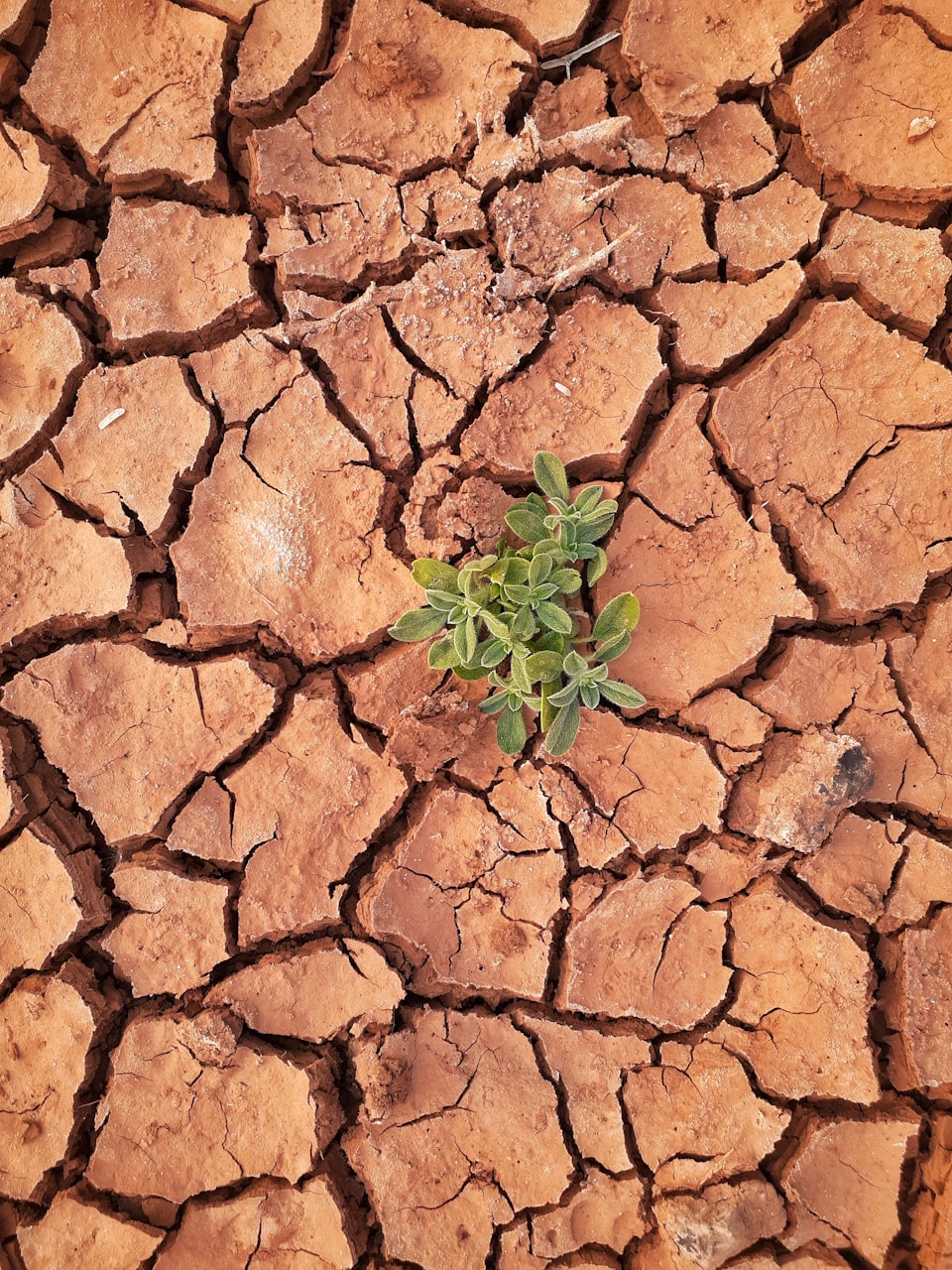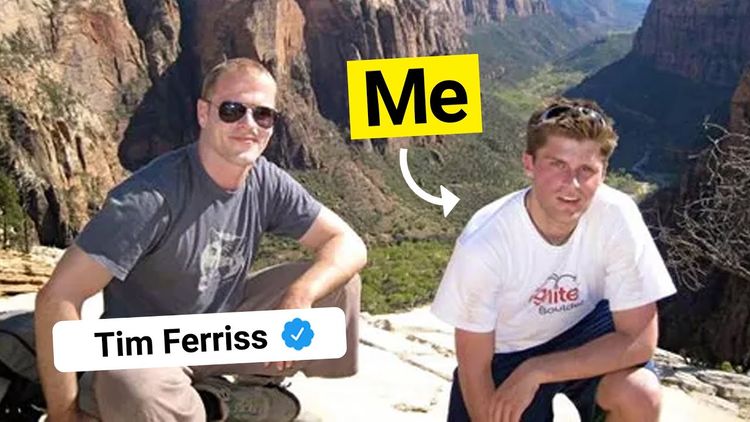How to solve global warming
I recently read a great essay called “The Question of Global Warming” by Freeman Dyson. Read it if you have 20 minutes to spare. I’ve listed two of the more interesting takeaways below.

I recently read a great essay called “The Question of Global Warming” by Freeman Dyson. Read it if you have 20 minutes to spare. I’ve listed two of the more interesting takeaways below.
On judging politicians:
“Whether someone is serious about tackling the global-warming problem can be readily gauged by listening to what he or she says about the carbon price. Suppose you hear a public figure who… proposes regulating the fuel efficiency of cars, or requiring high-efficiency lightbulbs, or subsidizing ethanol, or providing research support for solar power—but nowhere does the proposal raise the price of carbon. You should conclude that the proposal is not really serious and does not recognize the central economic message about how to slow climate change. To a first approximation, raising the price of carbon is a necessary and sufficient step for tackling global warming. The rest is at best rhetoric and may actually be harmful in inducing economic inefficiencies.”
The best solution for global warming (i.e. genetically engineered trees that consume greater amounts of carbon):
“Carbon-eating trees could convert most of the carbon that they absorb from the atmosphere into some chemically stable form and bury it underground. Or they could convert the carbon into liquid fuels and other useful chemicals. Biotechnology is enormously powerful, capable of burying or transforming any molecule of carbon dioxide that comes into its grasp… If one quarter of the world’s forests were replanted with carbon-eating varieties of the same species, the forests would be preserved as ecological resources and as habitats for wildlife, and the carbon dioxide in the atmosphere would be reduced by half in about fifty years.
Biotechnology could be a great equalizer, spreading wealth over the world wherever there is land and air and water and sunlight. This has nothing to do with the misguided efforts that are now being made to reduce carbon emissions by growing corn and converting it into ethanol fuel. The ethanol program fails to reduce emissions and incidentally hurts poor people all over the world by raising the price of food. After we have mastered biotechnology, the rules of the climate game will be radically changed.”





Member discussion